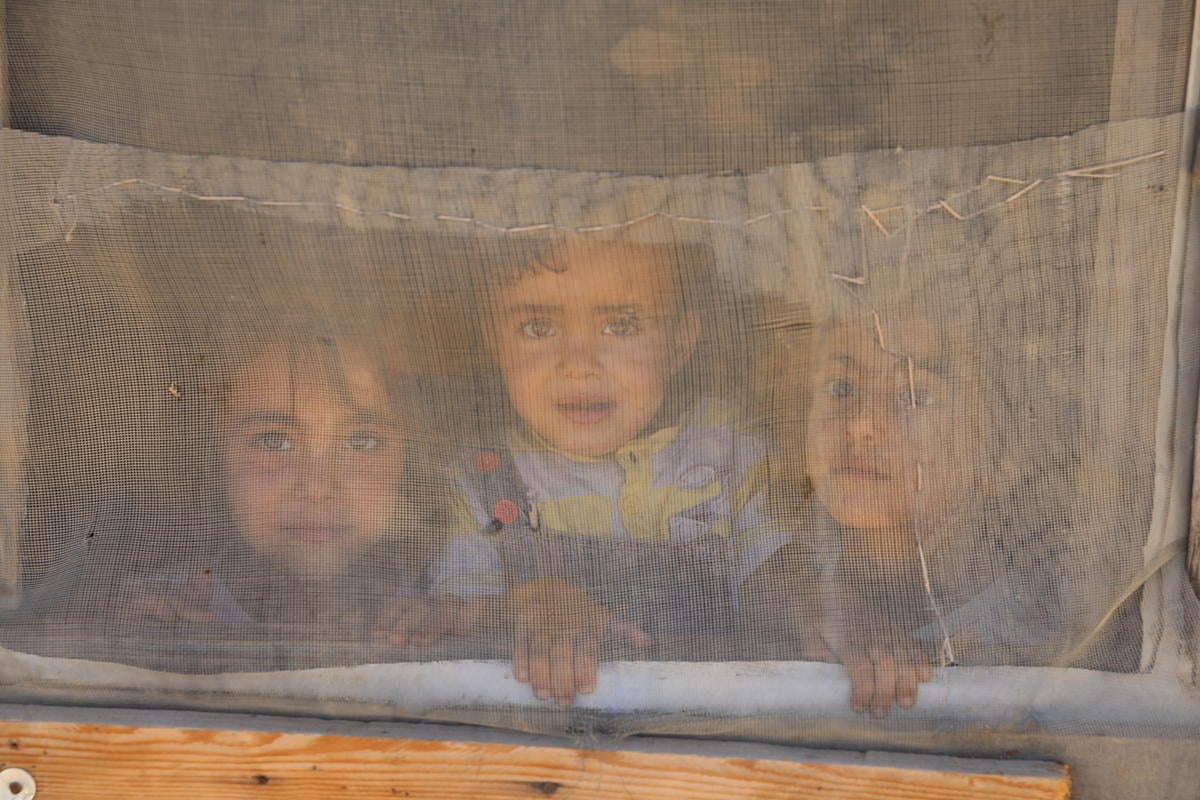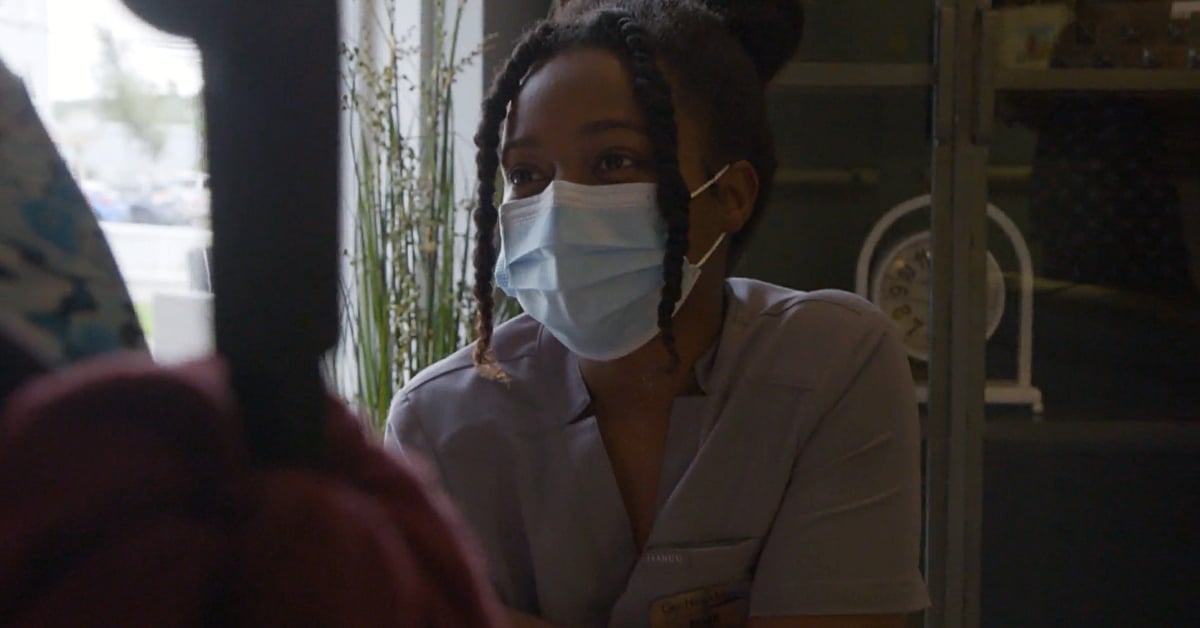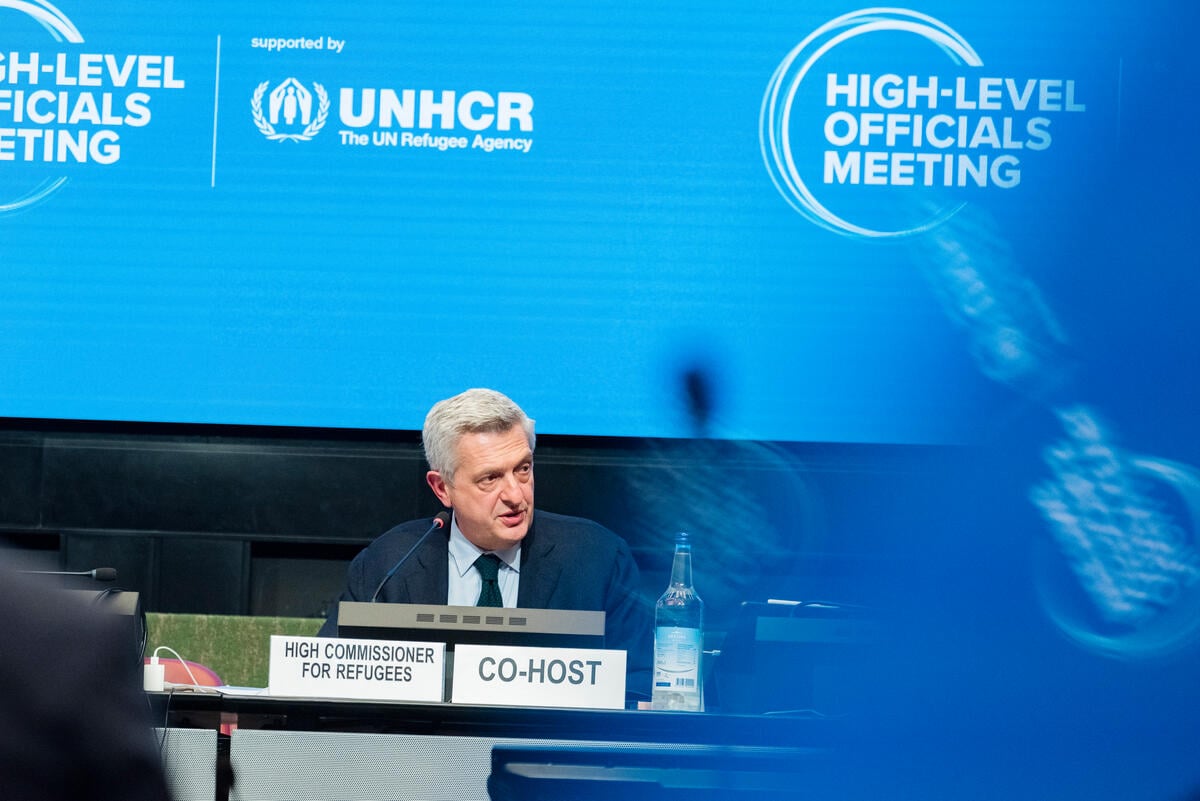Orphaned and terrorized, Afghan siblings fly to a new start in Australia
Orphaned and terrorized, Afghan siblings fly to a new start in Australia

ISLAMABAD, Pakistan, June 16 (UNHCR) - Fourteen-year-old Mustafa* is a self-starter. He's had to be to survive the brickbats that have flown his way, including the murder of his parents in Afghanistan and beatings from an abusive brother-in-law.
As a way to escape his suffering and lack of schooling in the southern Pakistani city of Quetta, where his persecuted ethnic Hazara family first sought refuge in 1997, Mustafa taught himself to paint, fix electrical equipment and recycle waste as art. "When I paint, or fix a device, my mind stops bothering me about the pain and the troubles," he explained.
"One day I will build an airplane and take my sisters for a world tour," the resilient teenager recently joked with UNHCR. Not long afterwards he was on a flight to Sydney in Australia, where he will finally be able to attend school, start a new life without having to look over his shoulder in fear, and pursue his dreams.
Zara,* Mustafa's 21-year-old sister and guardian, was more confused on hearing that Australia had accepted them for resettlement. "Life so far has not been kind to us, while I'm very happy to think that finally my [six] siblings and [three] children will have a normal life, at the same time I feel as if this is just an illusion."
It almost seemed too good to be true to her, after all the suffering, which began when Mustafa's father took his family to Quetta from their home in central Afghanistan's Ghazni province. He feared for their safety, but himself remained in Afghanistan as a government soldier. Mustafa was born in Quetta.
In 2010, the boy's mother, Salma,* decided to go back to Afghanistan to check on reports that her husband had been killed a year earlier. She never returned; instead the family received a video showing her body, drenched in blood and mutilated.
By this time, the children were suffering at the hands of Zara's brutal, drug-addicted husband, Rustam.* A tearful Zara told UNHCR she remembered thinking: "No, this is impossible, she can't die leaving us behind alone."
Worried about being attacked by the killers of their parents, the children also feared the enemy within: Rustam. For three years, he ruled the family by terror. Zara was subjected to torture, domestic violence and marital rape.
Mustafa found solace in painting and recycling junk, which he said "would take my mind off the screams of my sisters when my brother-in-law was beating them." That's when he started thinking about building a plane - to help them escape.
He couldn't help his teenage sister Shama,* who was raped two years ago by Rustam, when Zara and the other sisters, as the family breadwinners, were out working as domestic helpers at the homes of local Pakistanis or selling embroidered outfits.
"It was doomsday for me; I wanted the earth to open and swallow us all . . . I wanted the sky to fall. I never imagined that that devil would go so far," Zara angrily recalled. When she protested, she was severely beaten and Rustam warned that he would sell the sisters if they told anyone. Three months later, Shama went missing.
Mustafa detested this man, who molested his sisters. "I wanted to hit him, but I could not. He was strong like a huge bull and with one fist he would smash me against the wall," the boy explained. With their situation becoming more dangerous, one of Zara's customers told her to contact the UN Refugee Agency in late 2012.
UNHCR staff were shocked. "All the members of this family were traumatized and still suffer from nightmares. They were found screaming and hurting themselves in their sleep," said Svetlana Karapandzic, a UNHCR protection officer in Islamabad, adding that they received counselling for trauma.
After the initial review of their case, UNHCR moved the family from Quetta to Islamabad, where their case was processed and they were referred for resettlement. In the Pakistani capital, they stayed at a UNHCR-supported safe house, managed by the International Catholic Migration Commission.
At the centre, Mustafa quickly made friends with his ability to fix things, be it the guards' radio, a neighbour's torch or a child's toy. His magical hands can repair everything. But as they prepared to leave for Australia, there was something missing.
"Everything is good, but what about Shama?," Mustafa asked. He and his sisters fear that she was sold by Rustam. "I want to bring her back, I will always miss Shama," the boy said, his voice trembling with emotion and his eyes flowing with tears.
Australia took in 747 Afghan refugees from Pakistan in 2013 and has accepted 383 for resettlement so far this year.
*Names changed for protection reasons.
By Duniya Aslam Khan in Islamabad, Pakistan








